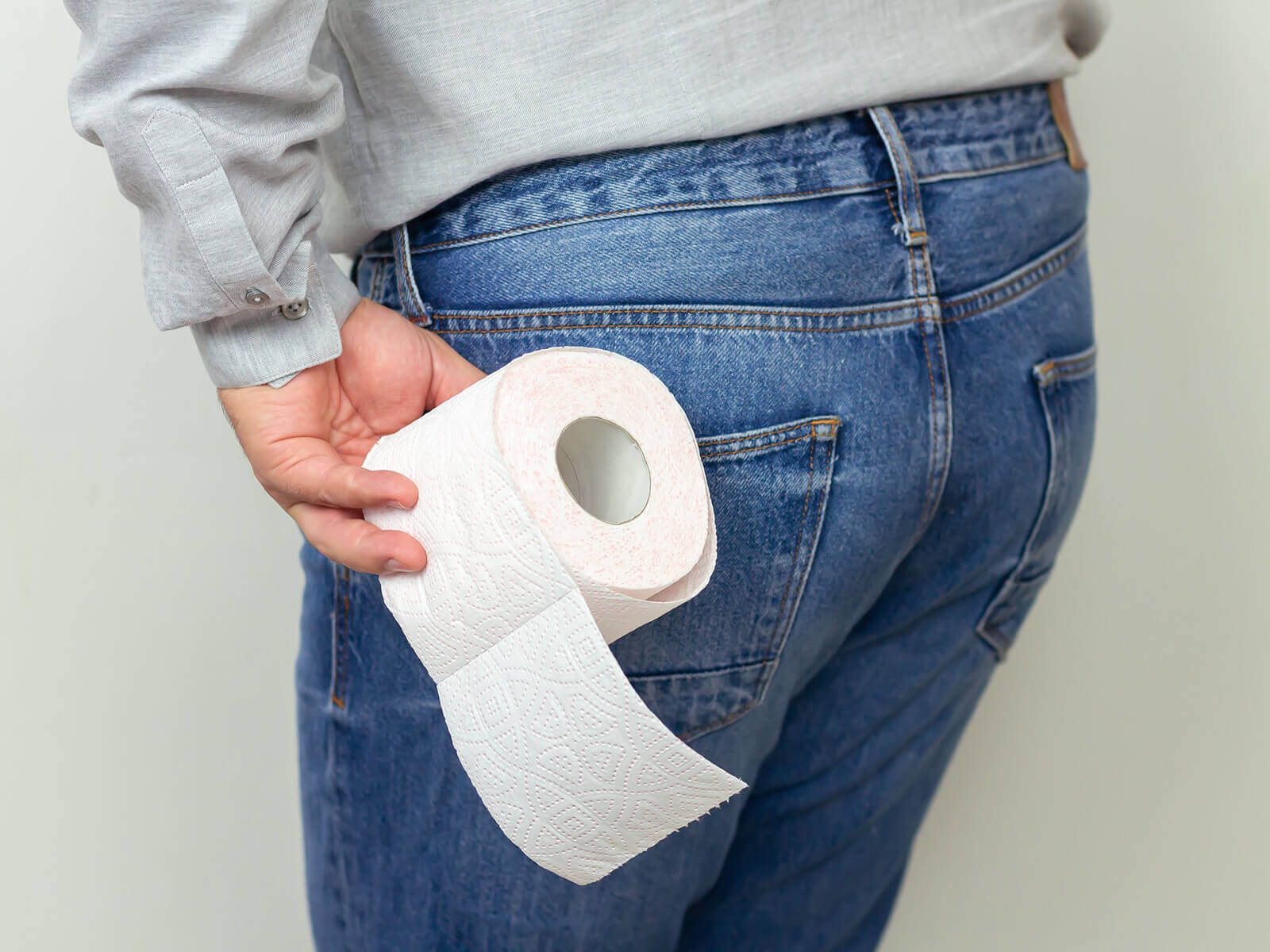
What occurs is fecal incontinence when the bowel movements cannot be fully controlled. It may be as minor as sporadic leakages to massive accidents. This is a condition that afflicts close to many individuals- it is usually encountered after delivering a baby, as you grow older or the nerves or muscles surrounding the anus have been broken. You are not the only one and there are effective treatments that will make you get confident again.
There are various manifestations of fecal incontinence. You might notice:
Fecal incontinence can be caused by a number of factors:
GastroDoxs is a company specializing in patient-focused care of fecal incontinence, at GastroDoxs, Cypress. Our team of experts will provide an in-depth diagnostics, individual treatment programs - pelvic floor therapy and biofeedback as well as the least invasive options, like surgery - and follow-up help to ensure you feel in control and confident. Don’t delay to make your life better. Request appointment and become the first step towards permanent relief. Book your appointment today and take the first step toward lasting relief.
We've successfully treated more than 1.4K patients, helping individuals improve their digestive health and overall well-being through expert, personalized care.
With over 20 years of experience, GastroDoxs has been a trusted provider of gastroenterology care, focusing on delivering the best outcomes for patients
No. The combination of lifestyle habits, exercises, drugs as well as medical interventions can make many people better or cured completely.
It may be caused by muscle trauma (after birth or surgery), nerve damage (through diabetes or spinal maladies), chronic constipation/diarrhea, hemorrhoids, inflammatory bowel disease, rectal prolapse or some medications.
Yes. Non-surgical treatments-pelvic floor (Kegel) exercises, biofeedback, dieting and medications usually lead to a major improvement.
Yes. Enlarged or protruded hemorrhoids might affect the strength of the anal sphincter and cause leakage and thus treating hemorrhoids might help control leakages.
The key ones include urge incontinence (sudden urge), passive incontinence (leakage uncontrollably), overflow incontinence (leakage by a full rectum) and functional incontinence (inability to get to the toilet in time).
The rate of accidents and their intensity is usually minimized through early assessment and remedy, which helps in achieving increased control and success.
Absolutely. Firm stools and fewer accidents can be achieved with a diet high in soluble fiber (e.g., bananas, oats), sufficient fluids and absence of irritants (caffeine, spicy food).
Fecal incontinence is unspecified and the code that is applied on medical records and insurance claims is 15.9 R15.9.
Some people can find the anal plugs effective. They offer a physical obstacle to leakage though right fitting and advice of a specialist is necessary.
The causes of nighttime leaks can be as follows, damaged nerve signals, excessively full bowels, or ataxic anal muscles. Special care program can be used to deal with night accidents.